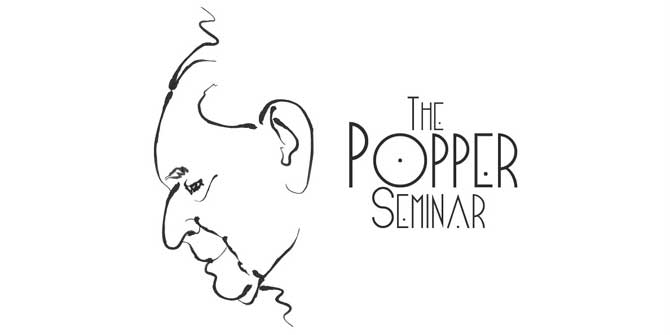Event Categories: BSPS Choice Group Conjectures and Refutations Popper Seminar Sigma Club

- This event has passed.
Alan Hájek (Australian National University): ‘Consequentialism, Cluelessness, Clumsiness, and Counterfactuals’
6 June 2023, 2:00 pm – 3:30 pm

Abstract: According to objective consequentialism, a morally right action is one that has the best consequences. More generally, given a choice between two actions, one is morally better than the other just in case the consequences of the former action are better than those of the latter. (These are not just the immediate consequences of the actions, but the long-term consequences, perhaps until the end of history.) This account glides easily off the tongue—so easily that one may not notice that on one understanding it makes no sense, and on another understanding, it has a startling metaphysical presupposition concerning counterfactuals. I will bring this presupposition into relief. Objective consequentialism has faced various objections, including the problem of “cluelessness”: we have no idea what most of the consequences of our actions will be. I think that on these understandings, objective consequentialism has a far worse problem: its very foundations are highly dubious. Even granting these foundations, a worse problem than cluelessness remains, which I call “clumsiness”. Moreover, I think that these problems quickly generalise to a number of other moral theories. But the point is most easily made for objective consequentialism, so I will focus largely on it.
I will consider three ways that objective consequentialism might be improved:
1) Appeal instead to short-term consequences of actions;
2) Understand consequences with objective probabilities;
3) Understand consequences with subjective/evidential probabilities.
Subjective probabilities may be rationally constrained or not constrained by evidential probabilities. I will canvas a leading candidate for such a constraint: the principle of indifference. I will argue that it faces serious problems besides the well-known ones. But if the probabilities are not constrained, then subjective consequentialism does not deserve its title as a theory of moral action. I will consider another way in which they may be constrained: by objective probabilities. But even here, there be dragons.
Alan Hájek is professor of philosophy at the Australian National University in Canberra. His research interests are in probability and decision theory, formal epistemology, and the philosophy of science and language. He publishes regularly on these topics.
This event will take place in person on LSE’s campus. However, those unable to attend in person will have the option of taking part online.
To join online just follow these instructions:
- Download Zoom
- Register in advance for this meeting: https://lse.zoom.us/meeting/register/tZYodOqgpjwrE9JdZI2cGci0zWr5dx1r96zd
Please note that these events are routinely recorded, with the edited footage being made publicly available on our website and YouTube channel. We will only record the audio, the slides and the speaker and will not include the Q&A section. However, any question asked during the talk itself will feature in the final edit.

